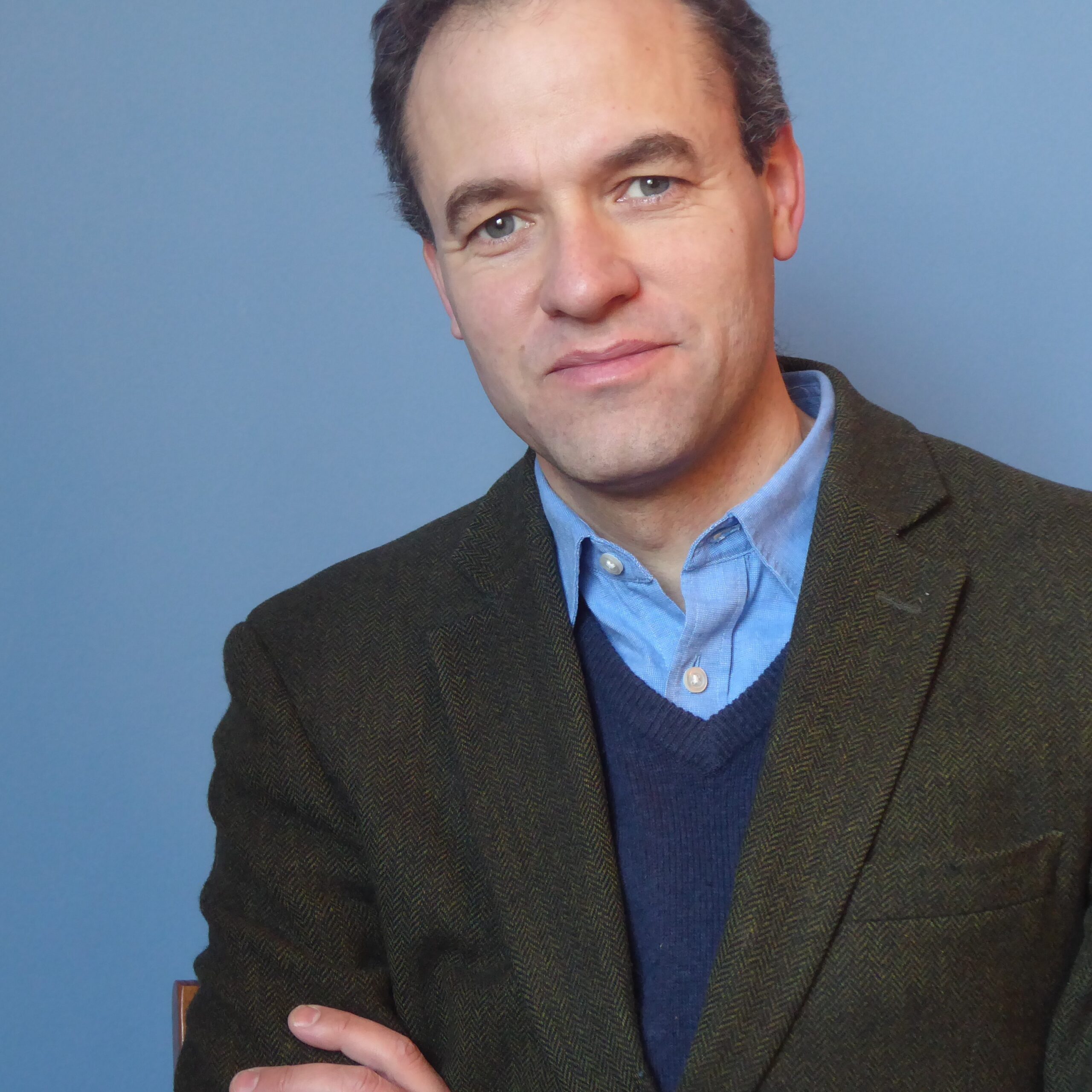A Mission of Religious Friendship

Reader Responses
How do you move through conflict in your close relationships?
Have you ever experienced difficulty in your relationship with Spirit? What did you do?
"In 2003 I started attending a Quaker meeting which was the start of my journey into becoming Quaker. This involved a huge shift away from fundamentalist evangelical Christian doctrines and dogma to something more akin to recognising the spirit within myself encountering the spirit or spiritual in others. Any difficulties in my relationships with others I have worked through in love and with empathy for others. As far as believing in God is concerned, I get as far as thinking that God is love, God is compassion, God is wholeness, God is justice, and so on. My religious background has been so conflicted including a lot of brainwashing that I don't think I have ever believed in a supernatural God outside of human values or spirit. Recognising 'that of God' or 'that of good' in each person is my guiding principle."
Sheila S., Great Missenden, UK
"I do have an aphorism that I live by (and have experienced in oh-so-many-ways!): 'We never argue. We're not that close.' I would like to think my spouse is my best friend. I cannot imagine not having occasional 'arguments' (some more serious than others) with the person I am both living with and creating a life with. Conflict is not to be feared. The constant companion of 'fear of God' (i.e. 'respect for God') teaches me to not fear others. And to know that this is only the beginning of wisdom. I must remain open to the fact I may be mistaken. I do not need to look for God in others. I need only answer that of God in others. Then I will continue to walk cheerfully over the world." David T., Bassendean, Australia

This Week’s Messages
Mon Nov 11
Becoming Friends With God
“I have been inspired by what Jesus says about friendship, particularly how we can have an intimate relationship with the Divine. Quakers have adopted this ideal friendship as the basis for their name, the Religious Society of Friends. In John 15, Jesus tells his disciples that there is only one commandment that really matters. Love. He then defines love as the willingness to lay down one’s life for one’s friends. This is a high bar for friendship, yet it is important to remember that real friendship usually entails some self-sacrifice.” …
Tue Nov 12
The Holy Pause
“Have you ever sat with a friend when in the course of an easy and pleasant conversation the talk took a new turn and you both listened avidly to the other and to something that was emerging in your visit? You found yourselves saying things that astonished you and finally you stopped talking and there was an immense naturalness about the long silent pause that followed. In that silent interval you were possessed by what you had discovered together. If this has happened to you, you know that when you come up out of such an experience, there is a memory of rapture and a feeling in the heart of having touched holy ground.” …
Wed Nov 13
God Is Attempting to Have a Conversation
“In meeting for worship, God is inviting us to come deeper, ‘Come drop down, come down to meet me, that I may offer you this gift.’ And I think that’s what I [listen] for as people are speaking, because I actually do believe in each and every situation, God is attempting to have a conversation. God is wanting to be met.” …
Thu Nov 14
Respecting the Integrity of the Child’s Struggle
“If, in loving our children, we want them to respond to personal leadings in life, we will need to teach them that sometimes it’s hard work… As a parent, I am tempted to take away difficult experiences from my children, deliver them miraculously from their hurts so that they can arrive at understanding without having had to struggle to earn it. We have been taught to think of negative emotions and pain as bad things, rather than growth producers. As parents, we can climb alongside our children as they struggle, but we cannot lift them to the mountaintop… [We must] respect the integrity of the child’s struggle.” …
Fri Nov 15
Our First Experience of Love
“It is striking that so much of our imagery regarding religious experience is couched in terms of the family: God, loving and forgiving Mother and Father of us all; Jesus, our Teacher and Elder Brother; we, the wayward children united through God in the sisterhood of humankind.” …
Sat Nov 16
Solitude and Loneliness
“The amount of solitude which is attainable or would be wholesome in the case of any individual life is a matter in which each of us must judge for himself. I would not, if I might, attempt to prescribe in this matter for any human being but myself – and I feel that it needs much wisdom to minister even to oneself in regard to it. But I also feel sure that a due proportion – whether it be little or much – a due proportion of solitude is one of the most important conditions of mental health. Therefore (to return to our original problem) if it be our lot to stand apart from those close natural ties by which life is for most people shaped and filled, let us not be in haste to fill the gap; let us not carelessly or rashly throw away the opportunity of entering …
Banner art by Joey Hartmann-Dow





